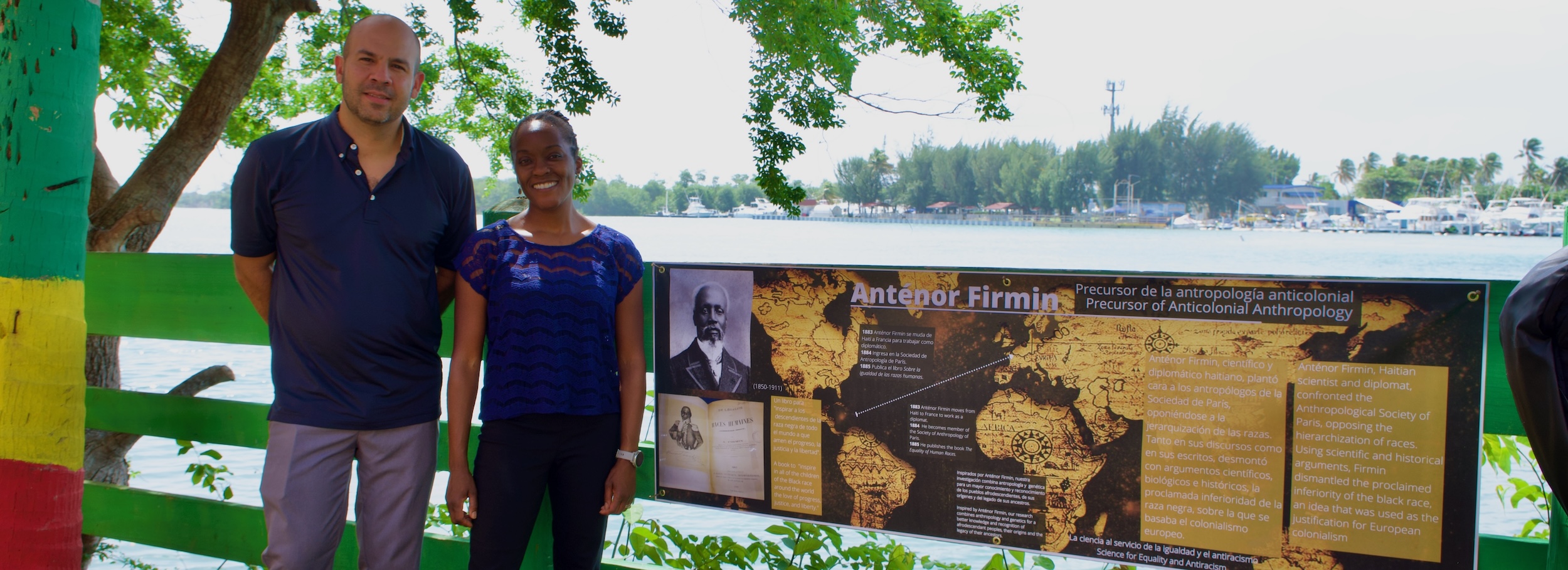Faculty Research
Alex Jacobs
I’m a historian of ideas, ideology, and culture, specializing in the era Eric Hobsbawm called “the age of extremes” (1914–1991). Most of my research focuses on modern ideals of intellectual independence. What does it mean to be “disenchanted” or a “free thinker” or a “skeptic?” Why do we think these are such important virtues to cultivate? My book, Without Illusions: The Politics of Skepticism in the Cold War Era (Harvard University Press, 2025), explores these questions with special attention the recent history of “ideological skepticism,” that is, the idea that healthy democracies demand the transcendence of conventional ideological thinking. Future projects include a study of the contemporary “clean living” movement and a cultural history of conspiracy culture in the United States.
Paul Stob
 Director of Culture, Advocacy, and Leadership; Director of the A&S College Core; Professor of Communication Studies
Director of Culture, Advocacy, and Leadership; Director of the A&S College Core; Professor of Communication Studies
My research explores the intersection of rhetoric and intellectual culture in American history, with particular focus on the nineteenth century. I’m interested in the ways that new ideas gain traction, spread, and are popularized beyond academic institutions, particularly among “ordinary” Americans. I’ve written extensively on the American philosophy of pragmatism and a movement that I dubbed “intellectual populism,” which was an effort around the turn of the twentieth century to return intellectual power to “the people.” I’m currently writing a book titled Empire of Skulls: The Fantastic Fowlers and a National Obsession to Unlock the Secrets of the Human Mind, which explores the rise and fall of the pseudoscience of phrenology in the United States. The book tells the fascinating story of how one family—the Fowlers—turned phrenology from a scientific fad into a cultural and business empire.
Gabriel A. Torres Colón
Director of Undergraduate Studies, Culture, Advocacy, and Leadership; Assistant Professor of Anthropology
I’m a cultural anthropologist with research and teaching interests in race, politics, sports, and intellectual history. My ethnographic research includes the politics of difference among Christians and Muslims in the Spanish enclave of Ceuta, racial experience in US boxing gyms, cultural understandings of ancestry in the Caribbean, and Black flourishment in Afro-Puerto Rican communities—particularly in relation to aesthetic expression, mangrove ecological conservation, and anti-racist politics. I also research the intellectual history of race in anthropology and the intersections between early American anthropology and philosophy. I am currently finishing a book titled Styles for Flourishing: Histories of Survival in the Racial Niche, which will be published next year by Columbia University Press.


